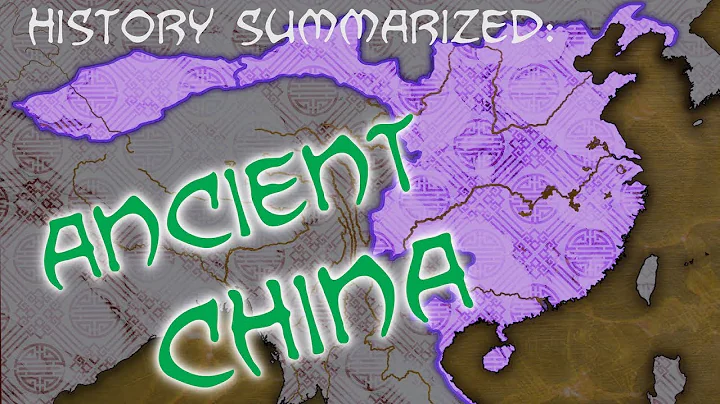Eulogy, in a narrow sense, is a special mourning style that expresses respect and condolences to the deceased at a memorial meeting. The content of
generally introduces and praises the life story of the deceased, allowing people to learn from the deceased's good thoughts and style and inherit the deceased's legacy.
Therefore, the wording must be carefully considered, simple and serious, and the length should not be too long, usually within 1,200 words, but it will vary from person to person based on the actual situation.
Forty-six years ago, on September 18th, at three o'clock in the afternoon, Hua Guofeng, standing on the Tiananmen Square, held a eulogy manuscript with 3,600 words in his hand.

This eulogy is written for the great Chairman Mao, whose life story and ideological spirit are broad, deep, broad and far-reaching.
Before the final draft, Wang Dongxing carefully read and three times and put forward a new opinion, which was approved by Hua Guofeng, making this eulogy more perfect.
So, how long did it take to complete this 3,600-word eulogy? What opinions did Wang Dongxing put forward? And why did Hua Guofeng come to read the eulogy?
Many issues must start from in late July 1976 and .
Suddenly assigned a top-secret mission
One day in late July 1976, Zhou Qicai, then director of the Secretariat of the General Office of the CPC Central Committee, received a call from Wang Dongxing, a member of the Political Bureau of the CPC Central Committee.
Lao Zhou, you and Li Xin come to the main hall of Huairen Hall immediately. The central government has a very urgent and important task for you to handle.

This brief sentence made Zhou Qicai feel uneasy. He immediately called Li Xin, deputy director of the General Office of the CPC Central Committee, and the two met as quickly as possible in the main hall of Huairen Hall.
Immediately afterwards, Ji Dengkui, a member of the Political Bureau of the Central Committee, also walked into the main hall of Huairen Hall.
Ji Dengkui said to Zhou and Li with a heavy face:
The central leadership has sent us to convey an urgent and important task to you. Chairman Mao's current physical condition is not optimistic.
Although medical experts are trying every means to treat it, things we don’t want to see can still happen at any time.
The central government decided to make preparations for the funeral and appointed you two to be responsible for drafting the obituary and eulogy.
Time is very tight, and the task is also very important. You must pay attention to absolute confidentiality. You must complete it as quickly as possible to ensure that it can be used by the central government.
After Ji Dengkui finished speaking, he didn’t stay any longer and left in a hurry.

Although in early June, the central government informed the leaders of all provinces, municipalities, autonomous regions and major military regions across the country about the serious situation of Chairman Mao's myocardial infarction .
But Zhou Qicai and Li Xin were still not mentally prepared. Faced with the sudden news and tasks, they were unable to react for a long time. After regaining consciousness, they both cried.
The two of them were grieving endlessly, but neither time nor tasks could wait for anyone. Not long after, Zhou Qicai received another call from Secretary Wang Dongxing:
Comrade Dongxing instructed you to complete this task in the main hall of Huairen Hall. The environment here is quiet and conducive to confidentiality. Your life issues have also been arranged by the Security Bureau Service Department to handle.
After Zhou Qicai and Li Xin calmed down, they realized that they were currently facing a situation of heavy tasks and tight time. The two of
gathered their thoughts and first drafted the obituary and then the eulogy. When
was writing the eulogy, Zhou and Li discussed and decided not to follow the past practice of writing about Chairman Mao's difficult but glorious journey.

Considering that Chairman Mao was still alive when these two manuscripts were written, he replaced all references to "Chairman Mao Zedong" with "△△△△△".
After the drafting of the two manuscripts was completed, Zhou and Li called Wang Dongxing and asked for instructions whether to hand over the two manuscripts to his reading and transfer center. The reply they received was:
The manuscript was handed over to Zhou Qicai for safekeeping, waiting for the central government's approval. The order is reported again.
Zhou Qicai knew the importance of the two manuscripts in his hands, so he sealed them and locked them in a special safe as soon as he returned to the office.
More than ten days later, on the 28th, a 7.8-magnitude earthquake occurred in Tangshan , and the earthquake was also very clearly felt in Beijing.

For safety reasons, all staff of the Secretariat moved out of the office building that day and continued the work of the Party Central Committee in a temporary military tent set up in the south of the building.
For the absolute safety and confidentiality of the manuscript, Zhou Qicai put the manuscript in another smaller safe before transferring it, carried it with him and placed it in a place where it would never be discovered.
It was not until normal work resumed that Zhou Qicai took the manuscript back to the safe in the office.
These two manuscripts experienced a setback in the drafting stage, which was neither big nor small, which made Zhou Qicai very tormented.
At the same time, he hoped that this manuscript could stay in his hands for a little longer, and a little longer.
But at about 5:10 in the morning on September 9, Zhou Qicai still received a call that he did not want to receive. Chairman
passed away! Post an obituary!
The caller was still Wang Dongxing, and his words were full of grief. He told Zhou Qicai:
Old Zhou, take the two sealed manuscripts and come to the conference hall where the chairman lives. The Politburo is waiting for discussion. Remember to notify them. Li Xin.
Although Wang Dongxing didn't say anything clearly, Zhou Qicai already understood.

After notifying Li Xin, Zhou Qicai quickly took two manuscripts to the conference hall of Chairman Mao's residence, and saw Wang Dongxing waiting anxiously on the roadside outside Chairman Mao's residence.
Wang Dongxing saw Zhou Qicai in person and said:
Chairman Mao passed away at ten o'clock today. The Politburo held an emergency meeting here at around two o'clock to discuss Chairman Mao's funeral arrangements.
is now waiting for you to discuss obituaries and eulogies, so hurry in.
After Zhou Qicai entered the hall, he met First Vice Chairman Hua Guofeng. He placed the two manuscripts on the coffee table where Hua Guofeng served.
Hua Guofeng opened the two manuscripts and said:
Zhou Qicai and Li Xin have arrived, and now we will continue the discussion.
Today I mainly finalize the obituary manuscript, which will be broadcast domestically and internationally in the afternoon, so time is very tight.
The eulogy text has also been reviewed, but will not be discussed. It will be printed and distributed to everyone after the meeting, and another time will be met to discuss it.
Later, Hua Guofeng asked Zhou Qicai to read the obituary manuscript at the meeting.
This obituary manuscript was released in the name of the Central Committee of the Communist Party of China, the Standing Committee of the National People's Congress, the State Council, and the Central Military Commission, and was named " Letter to the Whole Party, Military, and People of All Ethnicities in the Country" .

The whole article has 2,500 words. Zhou Qicai read it through at a slow speed, using a voice that could be heard clearly by all the participants.
Hua Guofeng asked everyone: Are there any principle modifications or additional opinions on ?
If it is available, submit it. If not, it will be sent to the printing factory of the Secretariat of the Central Committee of the Communist Party of China for expedited printing. After everyone has a copy of the proof, the final draft will be carefully considered.
There was no objection at the meeting, and the obituary manuscript was sent to the printing plant of the Secretariat of the Central Committee of the Communist Party of China.
While waiting for the obituary manuscript to be typed, Li Xin read the eulogy manuscript at the Politburo meeting. After Hua Guofeng's instructions, it was handed over to Zhou Qicai and then printed and distributed to all members of the Politburo.
About an hour later, proofs of the obituary manuscript were sent to the participants.
After another discussion, the participants unanimously agreed to broadcast this "Message to the Whole Party, Whole Army, and People of All Nationalities" at home and abroad at 4 p.m. on September 9.
When an emergency meeting was held in the conference hall of Chairman Mao's residence, a Beijing middle school student named Jiang Jian saw one after another military planes flying over the city in the early morning.
For the first time, Jiang Jian saw military planes dispatched one after another at this time, as if they were in a first-level combat readiness state. He intuitively felt that something big might have happened.

Sure enough, around three o'clock that afternoon, the national flag was suddenly raised on the top of the main building of Beijing 50th Middle School and 108th Middle School, and then suddenly lowered to half-mast.
At almost the same time, Central People's Broadcasting Station began to make continuous announcements: " Our station will have important broadcasts at 4 o'clock this afternoon. Please pay attention to ."
An hour later, the sons and daughters of China were announced on the radio that Chairman Mao had left.
At six o'clock in the afternoon, everyone heard the announcement of five decisions on funeral activities. At eight o'clock, the list of Chairman Mao's funeral committee was broadcast.
Since then, it has been broadcast every hour.
On the evening of the 10th, Chairman Mao’s body was moved from his residence in Zhongnanhai and placed in the mourning hall in the North Hall of the Great Hall of the People.

Next, the work of the Political Bureau of the Central Committee was to meet to discuss the finalization of the eulogy and hold a meeting. Matters related to the memorial meeting.
held a meeting to decide on the eulogy
On the eighth day after Chairman Mao's death, at three o'clock in the afternoon, in the Huairen Hall Conference Hall, the Political Bureau of the Central Committee was discussing the holding of a memorial meeting in Tiananmen Square on September 18.
There is one person missing from the meeting. He is Wang Dongxing. An hour ago, Wang Dongxing called Zhou Qicai to the temporary office of Great Hall of the People.
There are two things you need to do now. I reported to Comrade Guofeng:
One thing is that I can't attend the Politburo meeting later. I have to protect Chairman Mao's body. Please ask Comrade Guofeng for leave for me.
Another thing is that I I have read the eulogy manuscript three times and think there is no big problem.
In addition, I have a supplementary opinion. Chairman Mao's often mentioned "three musts" and "three don'ts" can be added to the eulogy manuscript at appropriate places.
I think it is appropriate. In addition, Chairman Mao's important instruction was very necessary.
Zhou Qicai quickly responded. Ten minutes before the meeting started, Hua Guofeng appeared in the venue. As soon as Zhou Qicai saw Hua Guofeng, he walked up and approached him. Conveyed Wang Dongxing's words.

After hearing this, Hua Guofeng said: The task of protecting the chairman's body is very important and very difficult. Comrade Dongxing really cannot leave.
After the meeting, you can report the discussion to him. .
After saying this, Hua Guofeng paused for a moment, as if thinking, and then he said to Zhou Qicai:
Comrade Dongxing proposed to add the important instructions of "three musts" and "three don'ts" to Chairman Mao's eulogy. , this is an important opinion, I agree with it very much.
After the meeting began, you can express this opinion on behalf of Comrade Dongxing.
Therefore, after the meeting began, Zhou Qicai expressed Wang Dongxing’s opinions on Chairman Mao’s eulogy. .
Hua Guofeng was the first to express his position: I think Comrade Dongxing’s opinion is very good.
Chairman Mao’s important instruction of “Three Dos and Three Don’ts” is of great and far-reaching significance to the construction of our party. We must resolutely implement this important instruction of Chairman Mao. I agree to add it.
After Hua Guofeng finished his speech, Marshal Ye Jianying also expressed his position:

I agree with Comrade Hua Guofeng's speech and Comrade Dongxing's proposal.
The important instruction of "Three Musts and Three Don'ts" is a precious treasure left by Chairman Mao to our party and a guide to guide our party to move forward along the path of Marxism.
Adding this important instruction in the chairman's eulogy is of great significance to the construction and development of our party.
Immediately afterwards, Comrade Li Xiannian also spoke: Guofeng and Ye Shuai spoke very well. I also very much agree with adding Chairman Mao’s important instructions of "three musts and three don'ts" in the eulogy.
As Li Nian finished speaking, more people expressed their support and agreement. The eulogy, which took two months and totaled 3,600 words, was finally finalized.
So who will read this eulogy at the memorial service? Everyone unanimously recommended Comrade Hua Guofeng.
Hua Guofeng was Chairman Mao's hand-picked successor during his lifetime, and for Hua Guofeng, Chairman Mao had a precious kindness to him.
Memorial meeting, 800 million people mourned
On September 18, 1976, the solemn Tiananmen Square was filled with people from Beijing who spontaneously came to commemorate Chairman Mao.
In the center of the tower, a huge portrait of Chairman Mao draped in black gauze hangs. The red platform built in front of the tower is covered with wreaths presented by party and state leaders.
On the east and west sides are wreaths from various departments of the party, government and military and 29 provinces and municipalities.
At 2:30 in the afternoon, all members of the Funeral Committee and representatives of workers, peasants and soldiers stepped onto the high platform one after another.
The scene gradually became quiet. Yang Zhengquan, who was about to take charge of the live broadcast, was so nervous that he had difficulty breathing.
Yang Zhengquan recalled the scene at that time and said:
The square was extremely quiet. Beijing was extremely quiet. He could only hear a small sob and the pounding of his own heart.
At three o'clock sharp, the main venue of the "Great Leader and Mentor Chairman Mao Zedong Memorial Conference" officially started in Tiananmen Square.

The audience stood in silence, and millions of people observed three minutes of silence.
During these three minutes, the tragic music played by the 500-member military band rang out, covering up the uncontrollable screams of the people on site.
The live broadcast of the congress was transmitted to all parts of the country through radio and television. All 800 million people were immersed in the grief of losing Chairman Mao and could not extricate themselves for a long time.
After the moment of silence, Hua Guofeng, First Vice Chairman of the CPC Central Committee and Premier of the State Council, came to the stage to deliver a eulogy.
Chairman Mao's death is an immeasurable loss to our Party, our army and the people of all nationalities in our country, to the international proletariat and the revolutionary people of all countries, and to the international communist movement .
The whole party, the whole army and the people of all ethnic groups must actively respond to the call of the Party Central Committee, turn grief into strength, and inherit Chairman Mao’s legacy...
Hua Guofeng read the eulogy in his hand, and read further, holding the manuscript of the eulogy. The more his hands trembled.
According to the memories of Wang Aiguo, a member of the military band:
When Vice Chairman Hua was about two-thirds of the way through his speech, perhaps because he was too sad, he leaned to one side and almost fell to the ground.
But after he stabilized his body, he still endured the discomfort and insisted on finishing the eulogy.
Half an hour later, the memorial meeting ended, but the grief of the people immersed in mourning Chairman Mao has not yet ended.

After soliciting the opinions of the broad masses of the people, the Party Central Committee decided to build a building to commemorate Chairman Mao, which is the Chairman Mao Memorial Hall now located at the site of the original Zhonghua Gate.
And Hua Guofeng was the one who made the final decision on the design of Chairman Mao Memorial Hall.
After all, Hua Guofeng protected and improved Chairman Mao's former residence in Shaoshan very well in the mid-1960s.
He also led the people of Hunan Province to build the Chairman Mao Exhibition Hall and the Shaoshan Five Martyrs Memorial Hall, which were highly recognized by Chairman Mao.
On September 9, 1997, the first anniversary after Chairman Mao's death, the Chairman Mao Memorial Hall was officially completed and opened to the public.
Every year since then on the anniversary of Chairman Mao’s birthday and death, Hua Guofeng would come to the Chairman Mao Memorial Hall without hesitation, bow three times, and quietly reflect on his past with Chairman Mao.
Until 2008, Hua Guofeng no longer appeared in the Chairman Mao Memorial Hall, because he went to the world where Chairman Mao existed.
Conclusion
Great men are always unforgettable.
Although Chairman Mao has passed away, his spiritual brilliance has always shone on the land of China, and his thoughts have been passed down from generation to generation.
The important instructions of "three musts" and "three don'ts" have also been further deepened and implemented in the continuous study of the Party Central Committee.
Wang Dongxing's proposal and Hua Guofeng's approval have not been let down. Today's prosperous China is as the predecessors wished.
References
- Zhou Qicai. Drafting an obituary: Top secret tasks before Mao Zedong’s death [J]. Literature and History Expo, 2008(09): 41-43.
- Mang Donghong. Records of mourning Mao Zedong in September 1976 [J]. Party History Expo ,2014(01):16-21.
- The inside story of Mao Zedong’s choice of Hua Guofeng to take over[J]. Farmers’ Friends,2010(09):24-25.
- Meng Hong. Hua Guofeng’s unrequited relationship with Shaoshan Mao Zedong Exhibition Hall [J]. Party History Wenyuan, 2011(15):19-22.
- ] Zhang Kai. Hua Guofeng "appointed" the design plan of Chairman Mao Memorial Hall [J]. Yanhuang Chunqiu, 1993(09):12-15.







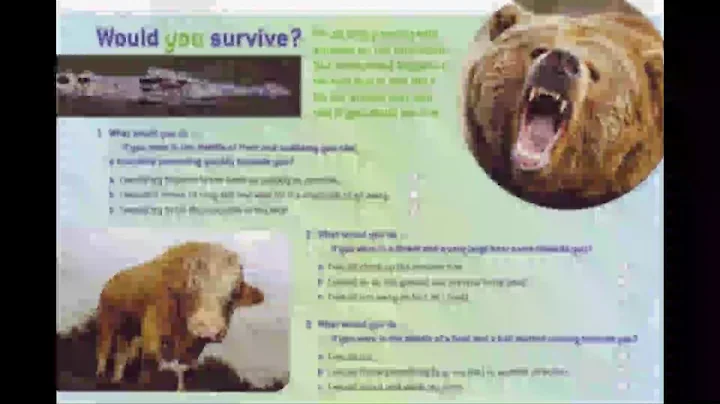
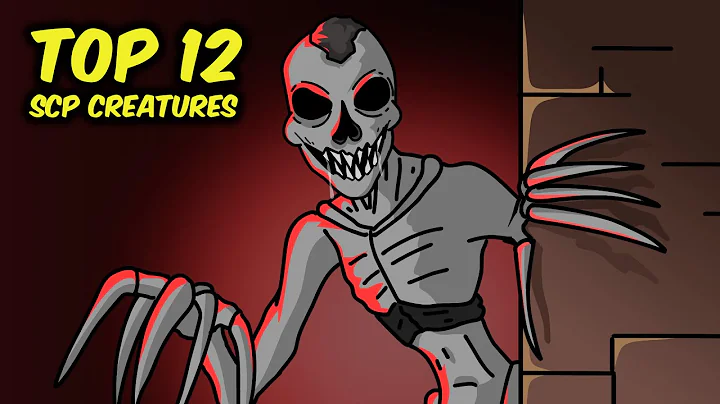



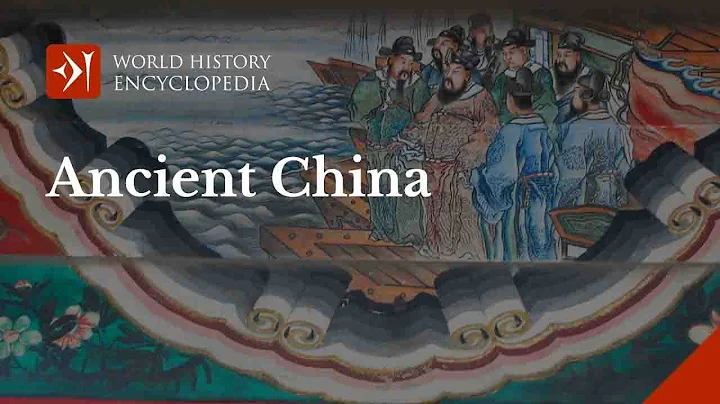

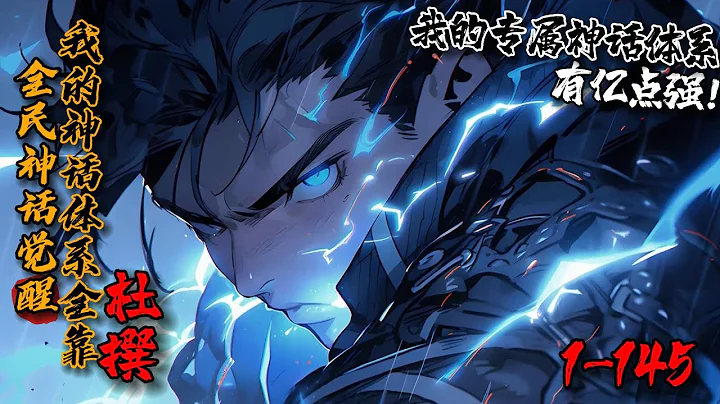
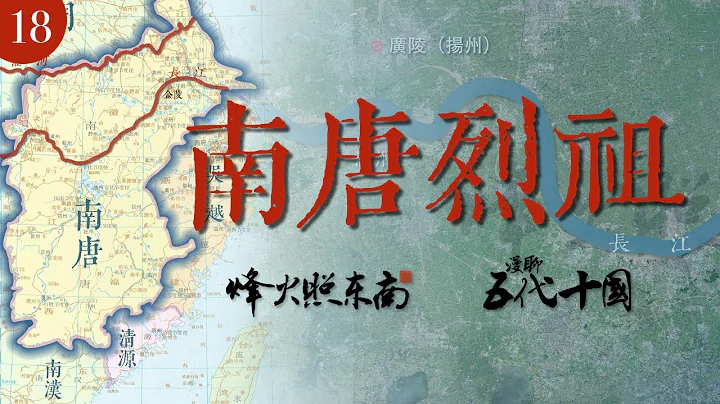
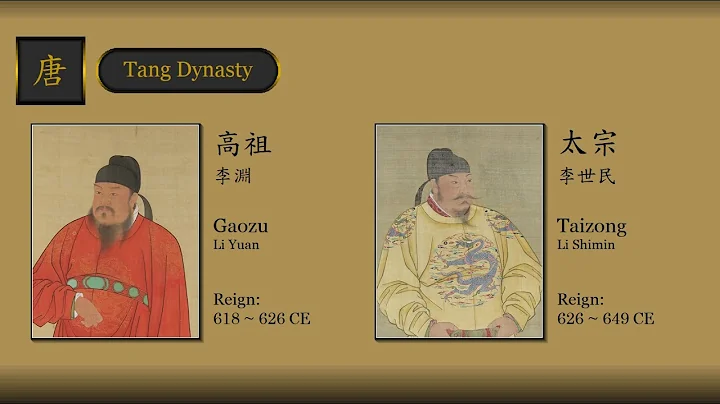
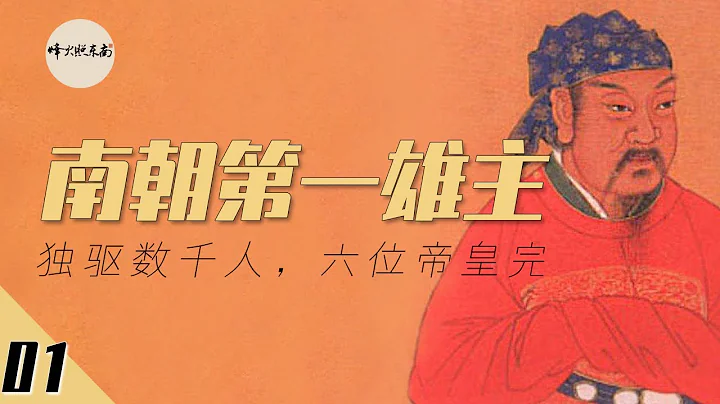
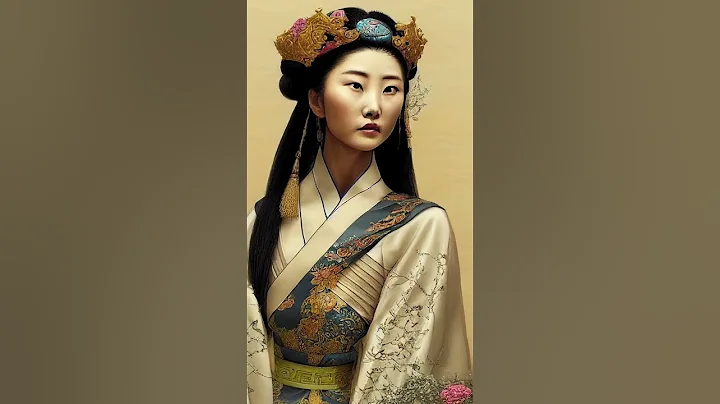
![[MULTI SUB] 《女将军娶个乞丐当王妃》红豆生南国,春来发几枝(高清全集)重磅推荐#短剧 #热门短剧 #短剧推荐 #大陆短剧 #爱情 #都市 #霸总#神豪 #shorts - DayDayNews](https://i.ytimg.com/vi/-0X550S06kM/hqdefault.jpg?sqp=-oaymwEcCOADEI4CSFXyq4qpAw4IARUAAIhCGAFwAcABBg==&rs=AOn4CLAL3wd6TA-S5xlS_ct6UG5sE6CVeg)

